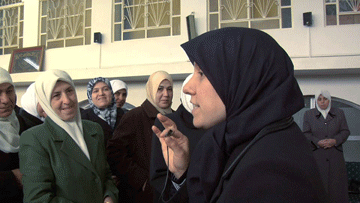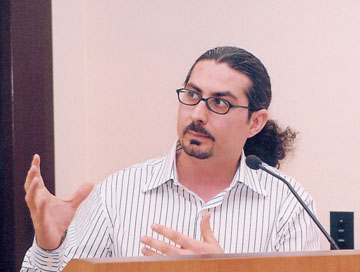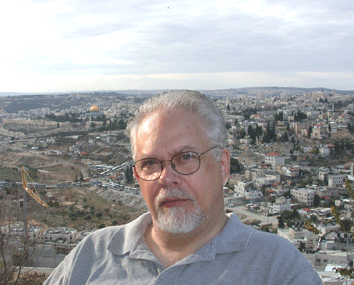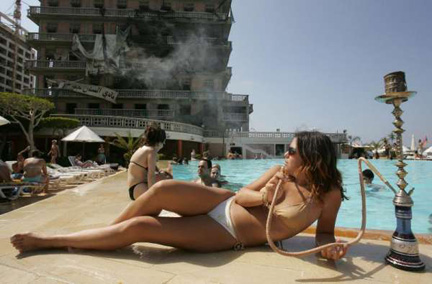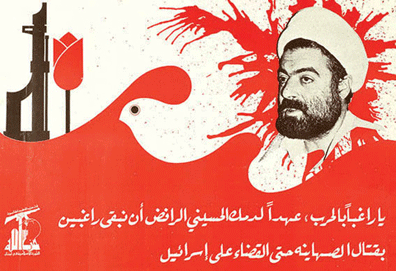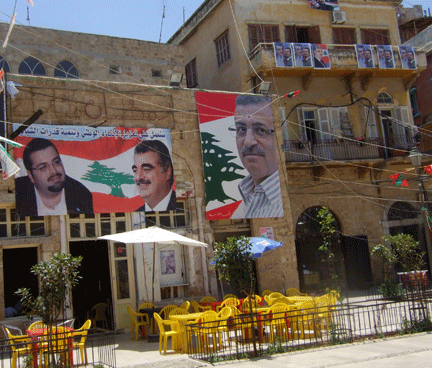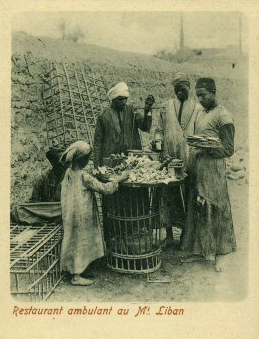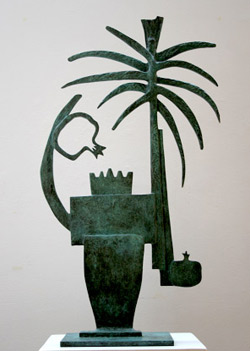
Drinking Juice, 2003
Bronze Cast by Oded Halahmy
The following upcoming events are scheduled for the Pomegranate Gallery in Manhattan:
WHITE MASKS: Elias Khoury’s remarkable novel of the Lebanese civil war
Book signing and Reception
Thursday, April 15th, 2010, 6:30 to 8:30 p.m.
“No Lebanese writer has been more successful than Khoury in telling the story of Lebanon…Khoury is one of the most innovative novelists in the Arab world.†Washington Post Book World
SWEET DATES IN BASRA: A new novel by Jessica Jiji
Book signing and Reception, with live Middle Eastern music
Thursday April 29th, 2010, 6:00 to 9:00 p.m.
“In this story of love and search for identity, Jessica Jiji succeeds fully in capturing passions, depth of feeling, and strong relationships beyond ethnic and religious differences.†– Naim Kattan, author of Farewell Babylon
REMEMBERING BAGHDAD: An Evening of Iraqi Music, with Yair Dalal, Omar Bashir and Erez Mounk
Saturday, May 1st, 2010, 7:00 p.m. Continue reading Fruitful Picks at the Pomegranate Gallery
